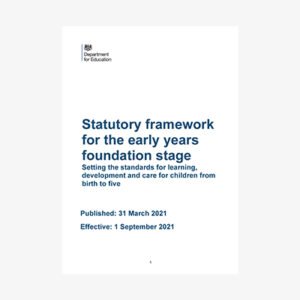Female Genital Mutilation (FGM)
£5.00
Female Genital Mutilation (FGM) refers to the partial or total removal of female genitalia for non-medical reasons. It is a harmful cultural practice that causes severe physical and emotional damage. FGM can lead to lifelong health complications, including infections, infertility, and complications during childbirth. It also impacts psychological well-being, causing trauma and distress. The practice is illegal in many countries, including the UK, and is considered a violation of human rights. Efforts to end FGM include education, awareness, and support for affected individuals. Protecting girls and women from FGM is essential for promoting gender equality and health.
Female Genital Mutilation (FGM) and the Role of Childminders
Female Genital Mutilation (FGM) is illegal in the United Kingdom. It causes serious physical and emotional harm to girls and women. All childminders must understand FGM and take steps to help protect children.
FGM involves altering or injuring female genitalia for non-medical reasons. It is a form of abuse. FGM often takes place during childhood, usually between infancy and age fifteen.
Why FGM is a Safeguarding Issue
FGM is child abuse. It has no medical benefits and can lead to lifelong physical and mental health problems. These include infections, pain, trauma, and complications during childbirth.
FGM breaks UK law. Anyone who performs or arranges FGM can face prosecution. This includes taking a child abroad for the procedure.
All childminders have a legal duty to report known cases of FGM in children. You must contact the police or safeguarding services straight away.
What to Look Out For
Children at risk may talk about a special ceremony, trip, or celebration. They may mention going abroad for a long holiday. Be alert if a child talks about becoming a woman early.
A child at risk may become withdrawn or anxious. They may fear going home or talk about pain around private areas. Look for sudden changes in behaviour or mood.
Trust your instincts. If something feels wrong, take it seriously. Speak to your designated safeguarding lead or local safeguarding service immediately.
Taking Action
Always report concerns without delay. Make detailed notes and follow your safeguarding policy. Ensure your training includes up-to-date FGM guidance.
Inform parents about your safeguarding duties, including protection against FGM. Share leaflets or posters that explain your legal responsibilities. This builds awareness and trust.
Final Thoughts
FGM is a serious crime. It causes deep harm to girls and must be prevented. Childminders play a vital role in spotting early signs. Your awareness and quick action can protect vulnerable children from lifelong trauma.
Stay trained, stay alert, and always speak out.






